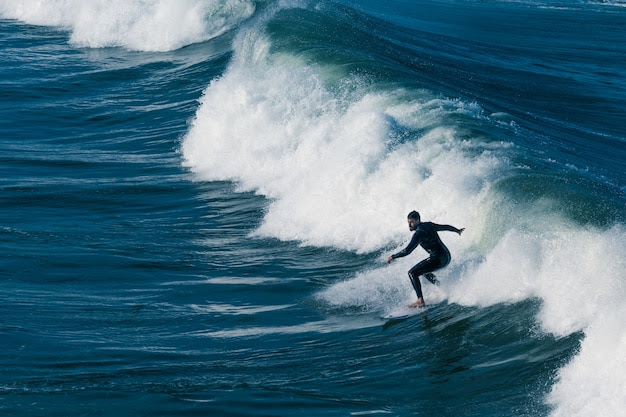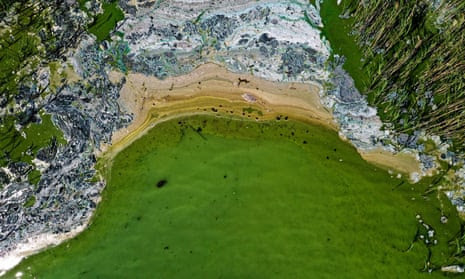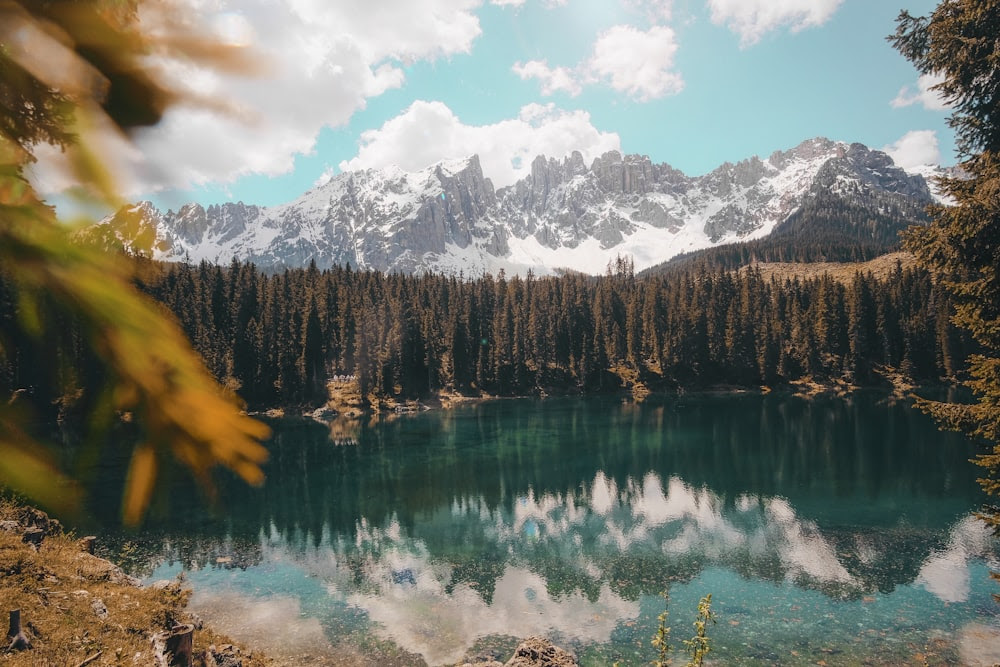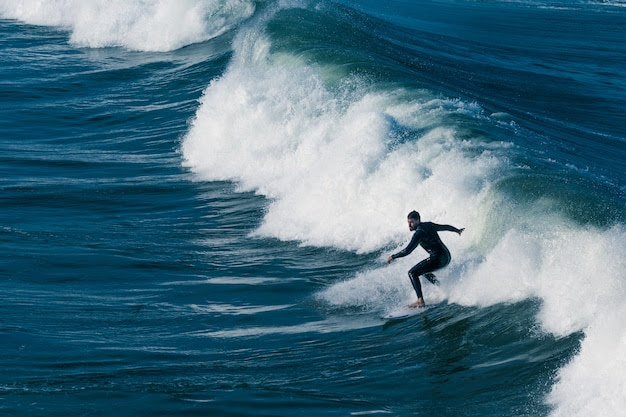
Sport is good for you and highly recommended. Unfortunately, our sports equipment and clothing are not always up to environmental standards.
The environmental impact of our sportswear, like that of the textile industry as a whole, is now a matter of concern: the world’s 3rd largest water-consuming sector, responsible for the emission of 1.2 billion tonnes of greenhouse gases (more than international flights and maritime traffic combined) and a source of numerous forms of pollution.
Polyester is one of the favorite materials of sportswear manufacturers. Renowned for its elasticity, the material doesn’t act like a sponge when in contact with perspiration. It creases very little…. Yes, but it’s made from petroleum, and each time it’s washed, it releases micro-particles of plastic that are not eliminated by sewage treatment plants, and end up in rivers and oceans. As a result, the equivalent of 500,000 tonnes of plastic micro-particles accumulate in the ocean every year as a result of washing our clothes.
Cotton also poses a problem: a single cotton T-shirt requires the equivalent of 70 showers (over its entire life cycle), and cotton is the world’s main pesticide-consuming crop, with major impacts on ecosystems.
Perfluorocarbons (PFCs), used in sports footwear and skiwear, ensure the water-repellency of our clothes (i.e., their ability to remain waterproof but allow perspiration to escape). But these compounds are also volatile and add to the stock of greenhouse gases. According to the French National Agency for Food, Environmental and Occupational Health Safety (Anses), they also have harmful effects on health, acting as endocrine disruptors, for example.
Ecodesign: an asset for the planet
To reduce all these impacts, eco-design is the solution of the future. In principle, it involves designing a range of products that are more respectful of the environment.
How does it work? To begin with, we diagnose the environmental impact of our products and determine at what stage in the life cycle they occur. Eco-designing a product therefore means asking questions about the choice of raw materials, its manufacture, the resources and energy consumed in its manufacture, the impact of transporting materials or products, and the uses consumers will make of them. Finally, of course, it’s about assessing its end-of-life: can it be reused, will it be durable enough to be resold, can the materials it’s made of be recycled?

The founders of Soöruz, Yann Dalibot and Matthieu Barat, have designed a wetsuit made from oyster shells, using recycled materials to produce the padding. It’s an idea that has the potential to take the whole industry by storm…
Since 1999, Soöruz has been committed to creating and developing effective, quality products, innovating together to help you live your passion to the full.
Soöruz was created by riders for riders. They constantly innovate and adapt their products to riders’ needs, following the evolution of their sports and manufacturing products in direct cooperation with them. This led to the concept of “Rider’s vision”, which has become the brand’s official slogan.
Soöruz manufactures with the environment in mind when developing their wetsuits.
First with bamboo and recycled polyester, then with Yulex© based on natural guayule, which is waste-free, clean and sustainable.
In 2016, release of the B.I.G. (for Black Is Green) ecological wetsuit, 100% Naturalprene.
In 2018, release of the eco-friendly BLUE Line School/Club range, the 1st school wetsuit made from recycled polyester and limestone.
In 2019, release of the GREEN Line wetsuit with 60% bio-sourced foam made from oyster powder, sugarcane residues, natural rubber and non-food vegetable oil (zero production waste).
In 2020, release of Oysterprene based on oyster shell powder in the GURU range of high-performance suits.
In 2021, democratization of Oysterprene in the best-selling FIGHTER & DIVINE and FLY + ranges.
Yann & Matthieu declare, ”For us, the choice of eco-design reveals the obvious: the obvious link between Man and Nature, between the board sports enthusiast and the water”.
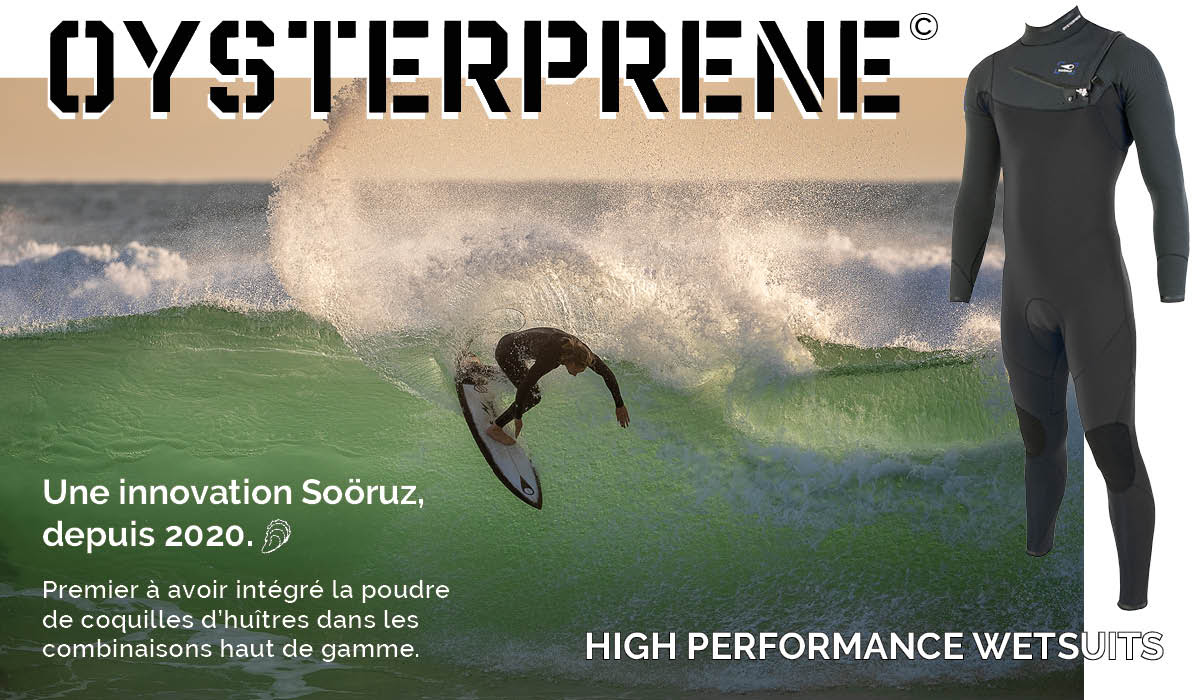
The Soöruz brand is approved and supported by ADEME.

